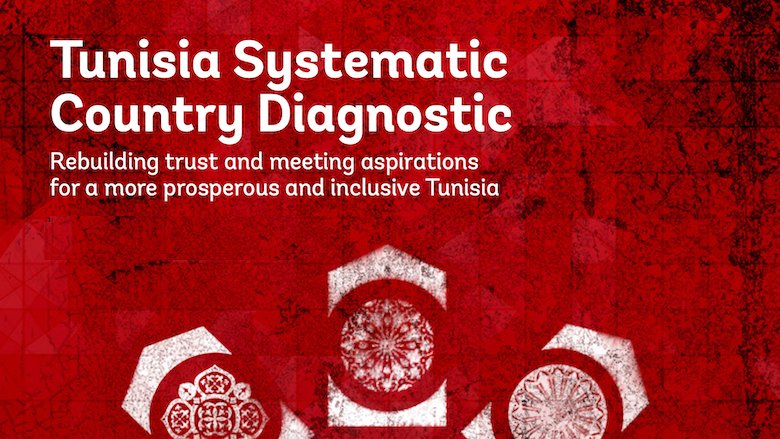More than a decade ago, Tunisia embarked on a deep social, political, and economic transition born from a moment of hope and aspiration that spread beyond Tunisia’s borders, calling for dignity and freedom through greater political participation, voice, opportunity and inclusion. Although political consensus has ensured a democratic transition, the latter has been under intense pressure caused by a lack of inclusive and sustainable economic growth, stalled job creation, unsustainable public finances, widespread perceived corruption and deep public distrust of the political establishment.
The Tunisia Systematic Country Diagnostic, which comes at a critical moment marked with political and constitutional changes, takes a ten-year view of trends in Tunisia since 2011, identifies key challenges and opportunities to accelerate progress towards rebuilding trust and meeting citizen aspirations, and ultimately to contribute to the World Bank Group’s twin goals of ending absolute poverty and boosting shared prosperity in a sustainable manner. It is designed to become a reference point for consultations on priorities for World Bank Group country engagement and intended as a contribution to the public debate about Tunisia’s path forward.
